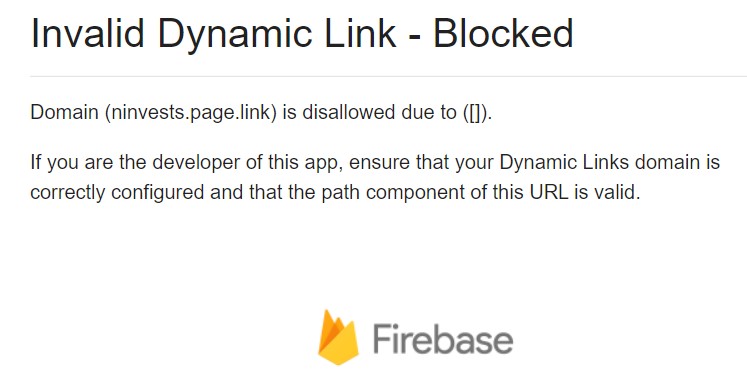Trading without a traditional job is feasible, but it requires thoughtful preparation, financial security, and discipline. Here are several factors to consider:
Financial Stability: Before relying solely on trading for income, ensure you have sufficient savings or a separate income stream to cover living expenses. Trading is inherently risky, and markets can be unpredictable, leading to potential losses.
Education and Experience: It’s crucial to thoroughly understand the markets you intend to trade, whether stocks, forex, cryptocurrencies, or commodities. Begin by studying fundamental and technical analysis, risk management strategies, and market trends. Consider paper trading or using a simulator to practice without financial risks.
Risk Management: Professional traders emphasize managing risk as a priority. This involves setting stop-loss orders, diversifying your portfolio, and never risking more than a small percentage of your trading capital on a single trade.
Capital Requirements: The amount of capital needed can vary depending on the market. Ensure you have enough to facilitate trading while absorbing potential losses. Smaller accounts might find it challenging to earn substantial profits due to broker fees and market fluctuations.
Psychological Preparedness: Psychological resilience is vital. Trading can be stressful, and emotional decisions often lead to poor outcomes. Developing a trading plan and sticking to it can help mitigate emotional trades.
Legal and Tax Considerations: Understand the legal requirements and tax obligations related to trading in your country. Professional advice might be necessary to ensure compliance and efficient tax management.
Networking and Communities: Engaging with trading communities can provide valuable insights and support. Online forums, social media groups, and professional networks can be helpful resources for learning and sharing experiences.
Realistic Expectations: Approach trading with realistic expectations. While some traders do succeed in making a full-time income, many do not. It’s essential to assess your performance continually and be willing to adapt or re-evaluate your strategy.
In conclusion, while it is possible to trade without having a traditional job, entering this endeavor without preparation can lead to significant financial strain. It is advisable to build a strong foundation through education, experience, and financial planning before fully committing to trading.

No responses yet